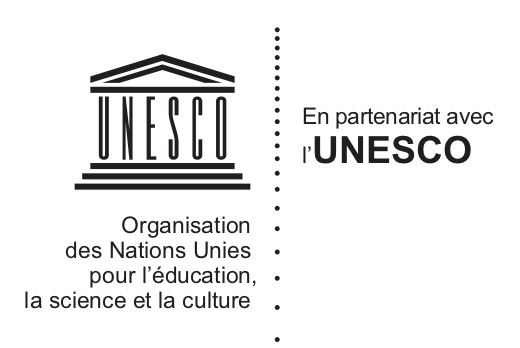Summer School on Cultural Heritage Law, 16 - 27 June 2014

The Geneva Summer Schools at the University of Geneva is excited to announce a 2014 summer school on “International Protection of Cultural Heritage in the 21st-Century”, 16 June to 27 June 2014. The 2 week course taught in English in Geneva is aimed at BA and MA students interested in cultural heritage law, and will include lectures from faculty from international institutions and organizations.
The summer school offers an overview of the international and comparative law for the protection of cultural heritage. The course aims to develop the students’ awareness of the main substantive themes of cultural heritage law, namely: the protection of cultural property in times of war; the restitution of artworks lost as a result of theft, illicit excavations and illicit trade; the protection of the built heritage and of the human rights associated to the tangible and intangible heritage. In order to offer an up-to-date glance at cultural heritage law, the summer course will also focus on the different ideological positions of the relevant stakeholders and on its complex relationship with other fields of law – namely general international law, human rights law, intellectual property law, and international investment law – and with the issue of dispute settlement. Finally, this course aims to bring out the challenges to cultural heritage that emanate from old and new threats. To name but a few: armed conflicts; reduced protection of sites and monuments due to lack of public money and political support; natural catastrophes; and damage to cultural sites caused by human activities.
Students must apply online with a short letter of motivation and a CV.
Course places are limited and enrollment is on a rolling basis so students are encouraged to apply early.
Document Actions










